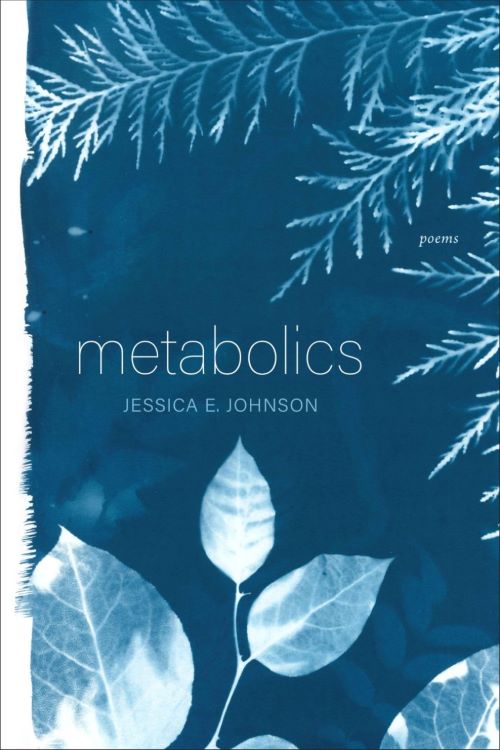I want to talk about the kinds of knowledge made by intimacy and care. I want to talk about how this kind of knowing depends on particulars, how it’s a right-here-now kind of knowing, and how this explains why you don’t find it much in the out-of-context world of academe, whose ways of knowing are designed to travel and produce. I want to talk about all the ways of knowing—ways held by women, to start—that have not been recognized as knowledge.
I want to lay down a straightforward assertion, an epigram, even a single word, and follow it, but my phone keeps humming with notifications. My phone startles with friends slow-building at mother-speed a geographically and temporally dispersed conversation about poetry and how we can and should be writing now, in times that continue to be extreme. Even as we keep moving through seasonal rhythms, everyday rituals, and academic calendars, the conversation we’re building grows between us on the substrate of our lives and concerns. The conversation we’re building has complex roots.
As my bored young cats rub against my ankles, my mom drops into my text messages too, remarking on a book we’ve both read. My husband’s image and name appear, and we begin to harmonize around a joke. My body hums at the sight of his words, reconstructing his voice, one I’ve warmed to a long time now. The phone, in fact “silenced,” still vibrates with the welcome demands of right-here-now love.
I want to weave in my long, stubborn opposition to hierarchy, noting how eyes trained on hierarchy and classification will miss what is rich, intricate, and inherently valuable in favor of an arbitrary metric. Rich, intricate, valuable: the adjectives call up the sword fern, mahonia, and yellow stream violet that grow under the tall, broad cedar I love and try to listen to, the whole system around her unsuited to commodification.
Hierarchies often fail to recognize complexity. And also—I speak from experience—to attempt to recognize complexity, to live in such a way that this is possible, is to hold a lot, chronically risking overwhelm.
On a stretch break, snacking for a minute in the kitchen, I want to tell you how the cedar and her sisters are the visual articulation of softness, the way their downward branches dance. I could watch their special kind of waving all day.
I want to uplift an impure ecopoetics that is rife with strange domesticity, thereby able to consider—alongside the plentiful and unsung arts and sciences of care—how the household and its fictions of separation can uphold many complicities in a country where housing is property, resting on broken treaties, explicit racism, and cold war ideology, not to mention a general absence of concern for wildlife, watersheds, and necessary continuities of forest and field.
A household—whose Greek root oikos is root of the prefix eco—should be understood as shared and porous. This is to say, the existential separation between beings is an illusion, albeit sometimes useful.
All day I hear the wind, imagine the rain pooling, catch sight of broken fir boughs hanging in Ribes sanguineum, red-flowering currant. The weather’s weird. This wind: will we lose power again? A tight place in my chest wants to know if we’ll be sitting in the dark? For how many days? The gong chime intones, over and over.
Having touched the phone, I find emails to answer. From my community college students, for one, who might be trying to avoid reading Thoreau. Their questions restart my circular quandary about whether we should be reading a lone man in the woods, even alongside writers who subvert that myth.
Having touched my phone, I open a social media platform, where the poet Rodrigo Toscano says the authors of a poem are but the “proximal forces that [produce] it.” This is true—we’re only the nearest makers, not the only ones. And so we have to pay attention.
And before I know it, it’s time to pick up the kids and drive them to practice new formations on sodden fields.
I want to talk about a life spent among the abundant, transient, and unheralded: children, students, parents, broke people, ill people, more and more of us becoming strange in a strange time I’m starting to think of as larger-order crumble, a long coming apart. I want to talk about wandering the frayed borders of wellness, trying to use the authoritative Englishes and knowledges of worn, serviceable textbooks until they break down and wind up in play where they belong, all discourses somehow reverting to poetry eventually.
I want to ask: what motions can we trace? What forms emerge?
I want to ask: right-here-now, among trees, among children, what kinds of listening are possible?




